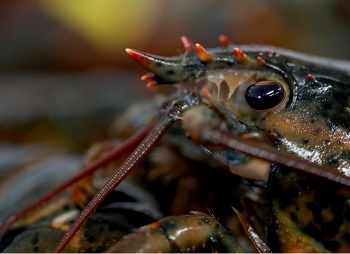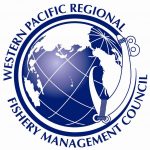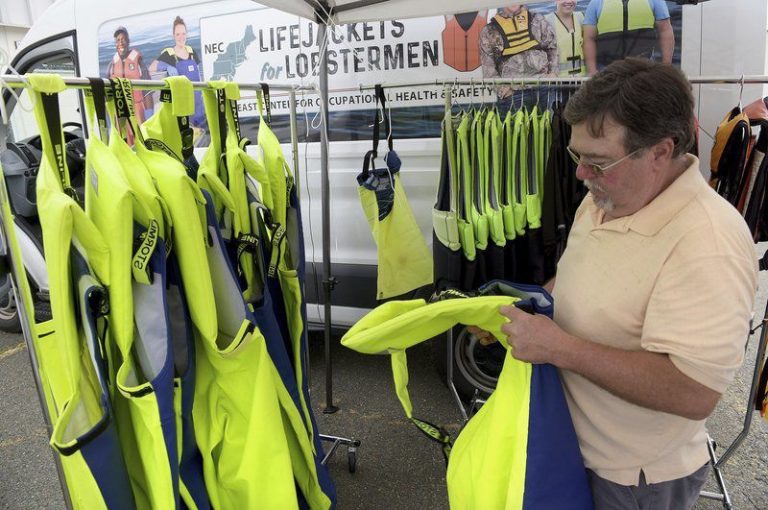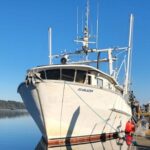Tag Archives: 1999 Supreme Court of Canada
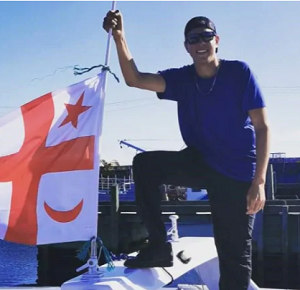
Mi’kmaw fisherman intends to fight illegal fishing charges
Ashton Bernard, 30, of Eskasoni First Nation, said in a telephone interview Monday he will rely on the 1999 Supreme Court of Canada decision in the Donald Marshall Jr. case., A subsequent clarification of the court’s decision, however, also affirmed Ottawa’s right to regulate the fishery to ensure conservation of the resource. Bernard said he believes the first portion of the Supreme Court decision will prevail. “I wasn’t going to wait around for the government to tell us when to fish or not.”I told the boys, ‘Let’s go out and see how it goes,’ and now we’re into court.” >click to read< 17:10
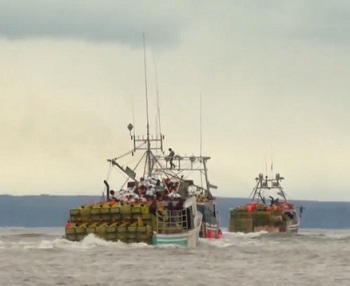
Calls from Sipekne’katik First Nation for government and RCMP to uphold rule of law
A letter from the Sipekne’katik First Nation addressed to Bernadette Jordan, the Minister of Fisheries and Oceans, Premier Stephen McNeil and the Royal Canadian Mounted Police is calling on all three parties to uphold the rule of law amidst ongoing violence, threats, human rights discrimination and what they say is an ongoing failure to uphold a 1999 Supreme Court of Canada decision recognizing the Mi’kmaq right to fish and trade. “The Supreme Court of Canada, the treaties and the Royal Proclamation, Canadian laws recognize the right of the Mi’kmaq to fish and trade,” said Cheryl Maloney, consultation director for the Sipekne’katik First Nation. >click to read< 18:29

Defining a Moderate Livelihood: Part 2
Bruce Wildsmith wonders what the Marshall decision really meant to the Department of Fisheries and Ocean when it was handed down by the Supreme Court of Canada in Sept. 1999. “It seemed like it wasn’t fully accepted on the face of it; on the face of it, Mi’kmaw had the right to go fish, period,” said Wildsmith, Marshall’s former lawyer and legal advisor for the Assembly of Nova Scotia Mi’kmaq Chiefs . “But from the DFO standpoint, ‘No, we have the right to regulate… >click to read<08:02
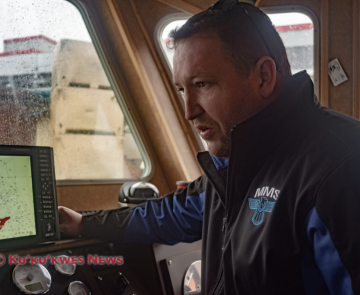
Defining a ‘Moderate Livelihood’: Part 1
This news story is the first in a two-part series examining the issue of defining ‘moderate livelihood’ as the 20th anniversary of the 1999 Supreme Court of Canada ruling in the Donald Marshall, Jr. fishing rights case approaches in Sept. 2019. The commercial fishery saved John Paul’s life in a lot of ways. The Mi’kmaw captain of a vessel from Membertou First Nation, N.S., said the work gave him hope. “Getting big cheques and feeling good,” the 41-year-old fisherman said. “There was a lot of poverty in Membertou when I was a kid, too. It wasn’t like what it is today, that’s for sure,” he added. >click to read< 11:57
Mi’kmaq chief says there are bigger fish to fry than lobster
 A prominent Nova Scotia First Nation chief says he does not blame Mi’kmaq fishermen if they are using their ceremonial fishing licences to try to make a moderate living outside the commercial lobster season.,, Non-Indigenous fishermen have been protesting at wharves, calling for the Department and Fisheries and Oceans to intervene in what they say is the illegal sale of lobster by some First Nations fishermen.,, This year, the Trudeau government has taken conspicuous steps to improve First Nations access to fisheries in Atlantic Canada. click here to read the story 09:35
A prominent Nova Scotia First Nation chief says he does not blame Mi’kmaq fishermen if they are using their ceremonial fishing licences to try to make a moderate living outside the commercial lobster season.,, Non-Indigenous fishermen have been protesting at wharves, calling for the Department and Fisheries and Oceans to intervene in what they say is the illegal sale of lobster by some First Nations fishermen.,, This year, the Trudeau government has taken conspicuous steps to improve First Nations access to fisheries in Atlantic Canada. click here to read the story 09:35






